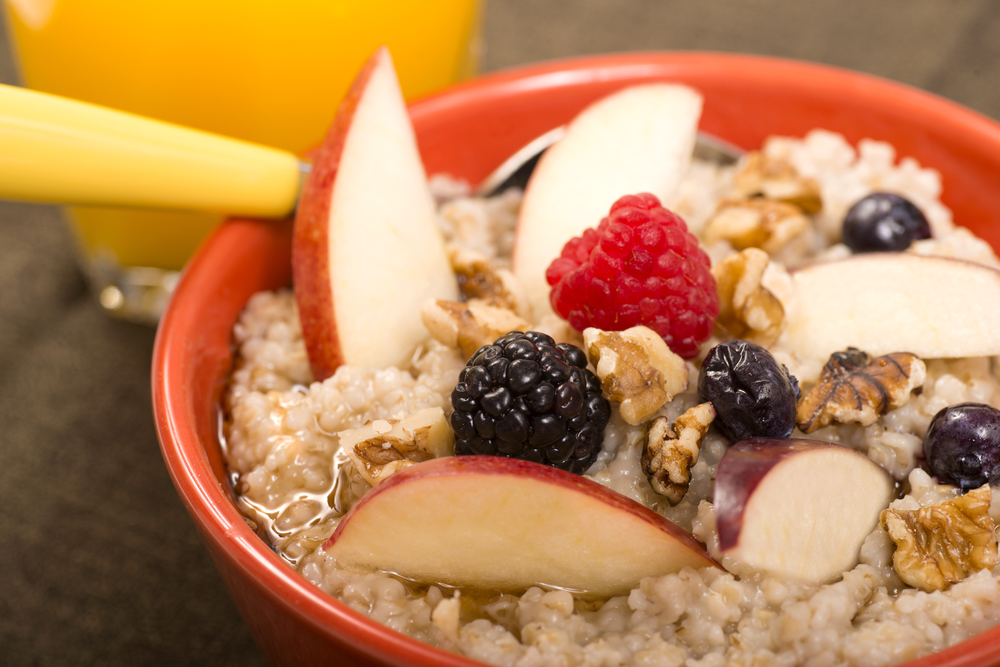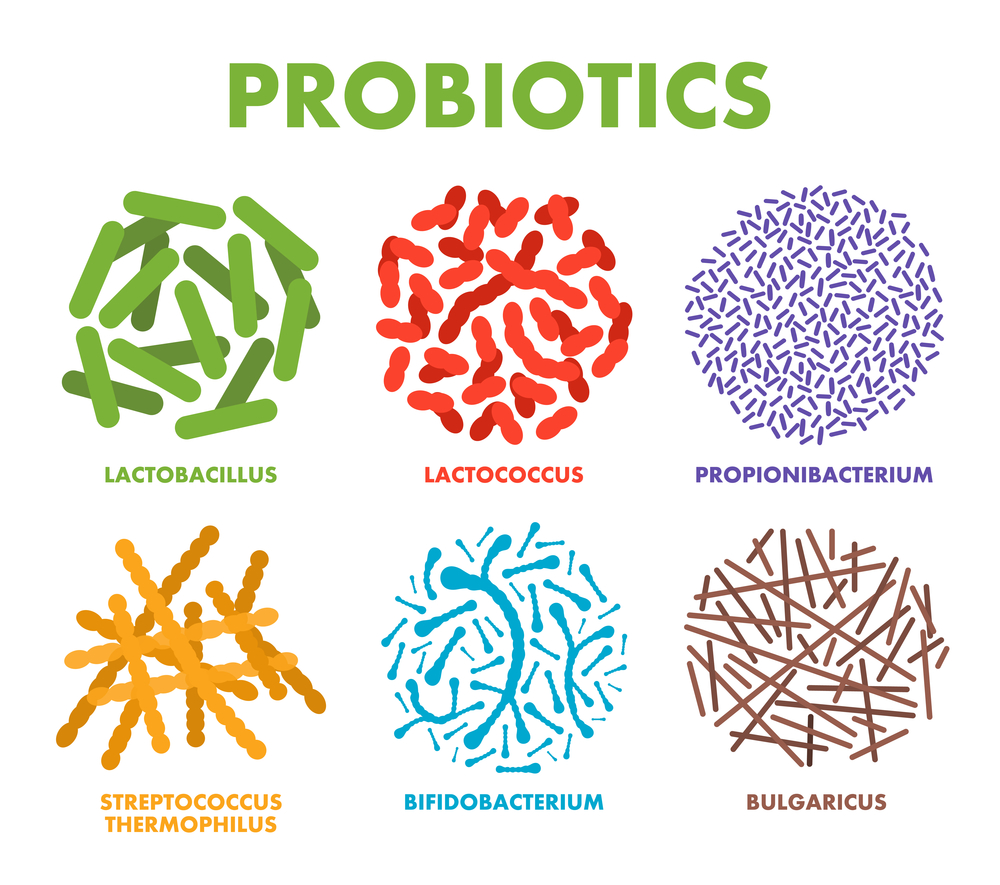
Prebiotics are known as a type of fibre that the human body cannot digest. They are a food source for probiotics, which are tiny living microorganisms such as bacteria and yeast.
On the other hand, probiotics which are often called the “good bacteria” are live bacteria and yeast that are good for the body – particularly the digestive system.
Both prebiotics and probiotics support the body by building and maintaining a healthy colony of bacteria and other microorganisms, which supports the gut and is beneficial for digestion.
Benefits and side effects of prebiotics
The benefits of prebiotics is linked to that of probiotics, which include supporting a healthy gut, better digestive health, fewer antibiotic-related complications, among others.
However, the research conducted on prebiotics are not as extensive as probiotics. While the effectiveness of prebiotics on our health is unclear, some research suggests that prebiotics benefit the body by:
- Improving calcium absorption
- Changing the rate in which the body process carbohydrates
- Supporting probiotic growth of gut bacteria, which aids in digestion and metabolism
As prebiotics is naturally present in many foods, prebiotic supplements are not necessary.
There is currently no evidence that taking prebiotics and probiotics together is harmful – although people with chronic diseases should only take these supplements upon the advice of their doctor.
The side effects of prebiotics currently require further research.
Benefits and side effects of probiotics

Probiotics, although it has been widely studied, still require further investigation to conclude its effects on our health.
However, the findings of studies carried out thus far indicate the following benefits:
Digestive health
Numerous studies have found that probiotics may improve digestive health in some people. A 2017 Cochrane review found that taking probiotics while using antibiotics reduced the risk of antibiotic-related diarrhea by 60 percent.
Hospitals and healthcare professionals in Singapore often prescribe probiotics together with a course of antibiotics, especially in babies and young children.
Mental health
A 2017 review revealed that probiotics may improve the symptoms of depression – however, the authors note that further studies are necessary to confirm this. It is possible for probiotics to have this effect as our gut and brain health are linked.
Overall health
The authors of a 2017 Cochrane review studied the potential benefits of probiotics and found that there is a link between probiotics and the decrease of:
- The need for antibiotics
- Cold episodes
- The incidence of ventilator-assisted pneumonia
- Gestational diabetes
- Vaginal infections
- Skin issues such as eczema
However, the review also found that there are certain groups of people who were at risk of adverse reactions upon consuming a specific probiotic. They include:
- People with Crohn’s disease (a long-term condition that causes inflammation of the digestive tract)
- People with weakened immune systems and serious underlying medical conditions
These groups of individuals should only take probiotics supplements upon the recommendation of their doctor.
Can we get prebiotics and probiotics from food?
It is often said that those who consume a healthy, balanced diet are able to enjoy the various groups of nutrients and vitamins without resorting to supplements. And this includes prebiotics and probiotics as well.
Probiotic foods
Some everyday food choices that are rich in probiotics include:
- Yogurt
- Kefir (a fermented drink made using either cow’s milk or goat’s milk)
- Fermented foods (e.g. sauerkraut and kimchi)
- Kombucha (a fermented, slight alcoholic, lightly effervescent, sweetened black or green tea drink)
- Fermented cheese, such as Gouda
Prebiotics foods
Many high-fibre foods are rich in prebiotics, which includes certain fruits, vegetables and whole grains. Babies get their recommended dose of prebiotics through the sugars in breastmilk, while some infant formulas also contain prebiotics.
Making the choice
As with other nutrients, a balanced and healthy diet filled with fruits, vegetables, whole grains and fermented foods allow us to consume sufficient prebiotics and probiotics without relying on supplements.
It is advisable to consult your doctor should there be a need to supplement your diet with a prebiotic or probiotic supplement – according to your health and lifestyle needs.























